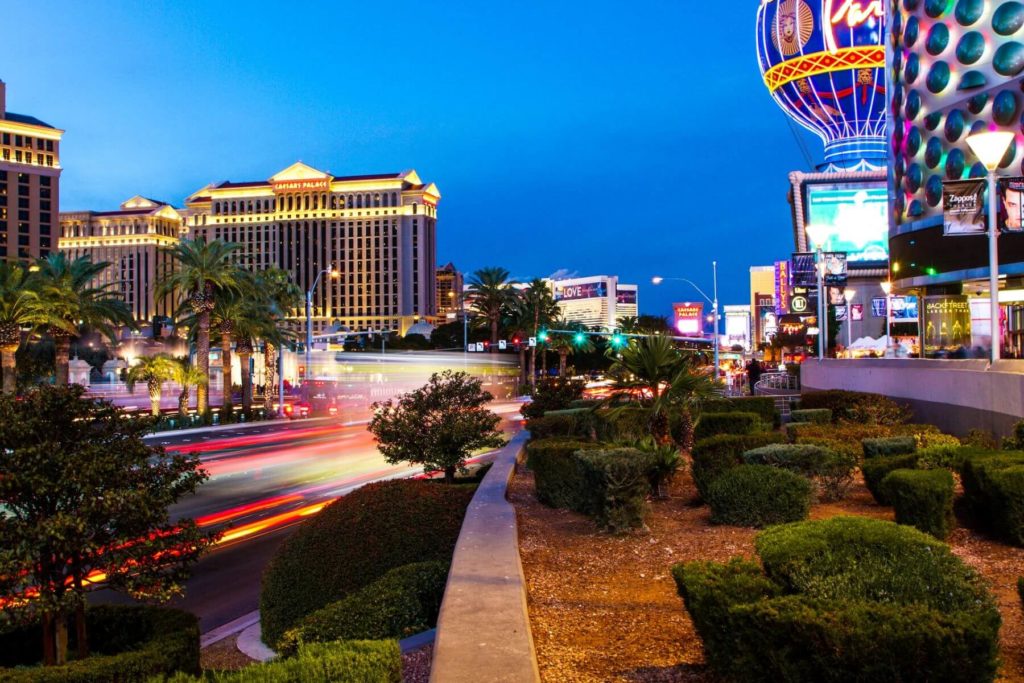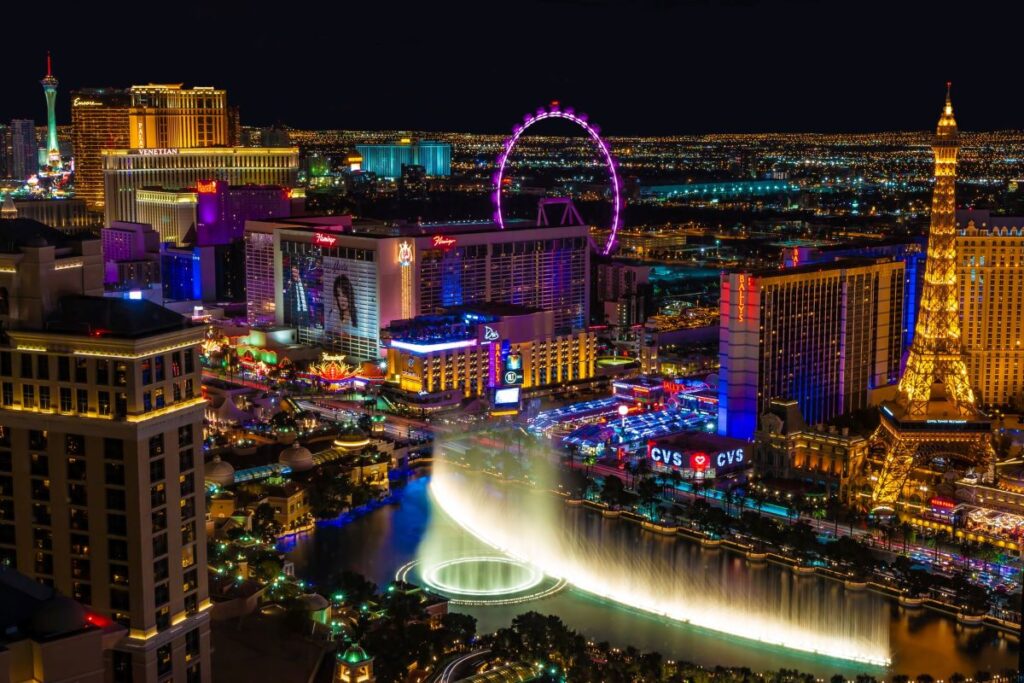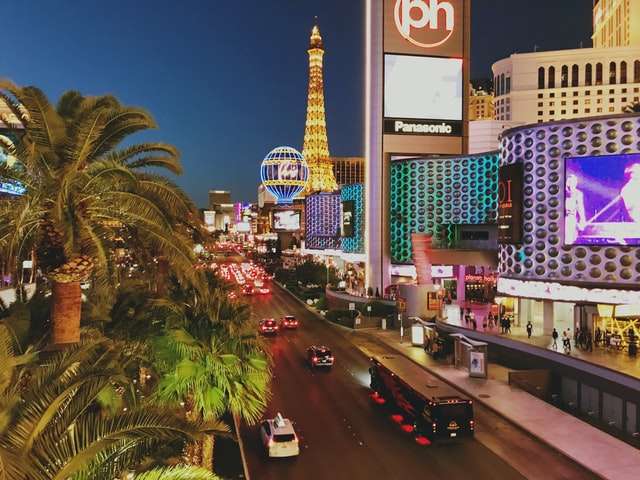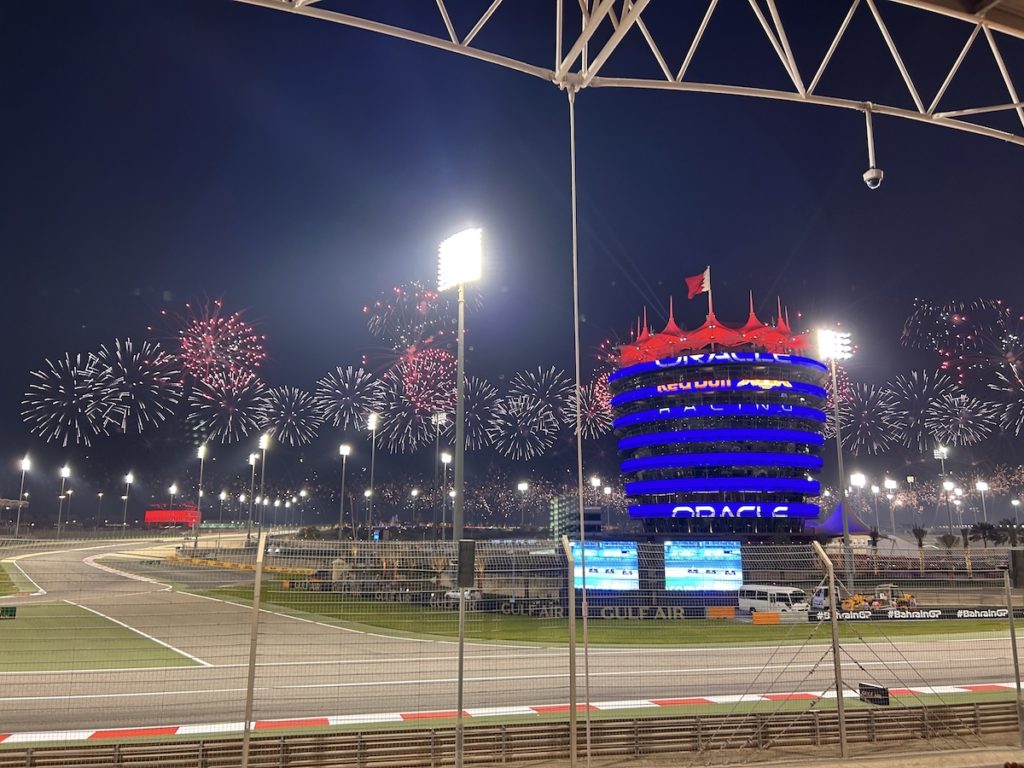
For the first time since 1985, a Formula 1 Grand Prix will take place on a day other than a Sunday. Why is the Las Vegas Grand Prix taking place on a Saturday? And why do Formula 1 races usually take place on a Sunday?
November 18 will be an historic day for Formula 1 as it hosts its first race on the Las Vegas Strip in what is set to be the biggest sporting event of the year. Fittingly, the 2023 Las Vegas Grand Prix will be a milestone race for Formula 1, as it will be the 1,100th World Championship event since the first race at Silverstone in 1950.
Of those 1,100 races, the overwhelming majority (1,023) have taken place on a Sunday. In fact, the 2023 Las Vegas Grand Prix will be the first F1 race to take place on Saturday in almost 40 years. The 1985 South African Grand Prix, held at the Kyalami circuit, was the last event which took place on a day other than Sunday.
Why do Formula 1 races usually take place on a Sunday?
The simple answer to why Formula 1 races take place on a Sunday is for commercial reasons. Hosting races on Sundays has two benefits. Firstly, hosting the race on a Sunday and qualifying on a Saturday means that a larger crowd is likely to be available to attend more than one day of the event weekend. Furthermore, a Sunday afternoon – or evening – viewing slot is likely to attract a higher television audience.
Most F1 races which took place on a day other than Sunday did so prior to 1981, which is when the new Concorde Agreement gave FOCA (the Formula One Constructors’ Association, of which Bernie Ecclestone was executive) the right to negotiate TV contracts.
Why is the 2023 Las Vegas Grand Prix on a Saturday?
The 2023 Las Vegas Grand Prix will be the first Saturday night race in Formula 1 history. The fact that it is a night race is a key part of why the event will take place on a Saturday. Due to the time difference between Las Vegas and Europe, the race will air early on Sunday morning for most of the European audience, at 06:00 UTC.
The time difference works well – to an extent – for television scheduling, capturing both a primetime Saturday night audience in the Americas and an early Sunday breakfast audience in Europe, where the majority of the sport’s viewership is located. That being said, while the Las Vegas Grand Prix starts at 22:00 PT (Pacific Time), it means a 01:00 race start time for those watching in the Eastern Time Zone.


In 2022, Las Vegas Grand Prix CEO Renee Wilm described the decision to start the race at 22:00 on a Saturday as “a compromise”. When asked why the race was to be run late on a Saturday night, Wilm said:
“That was actually a compromise to make sure we are broadcasting at a time when our European fans can get up with a cup of coffee and watch the race six, seven in the morning, very similar to how we [in America] watch the European races. So that was actually a very important component of planning out our sequencing for the race weekend.”
In 2023, the Las Vegas Grand Prix is the only race on the calendar which does not run on a Friday to Sunday schedule. 2022 saw the end of a long-standing tradition in which the Monaco Grand Prix weekend began with Free Practice on Thursday before a break from track action on Friday.
More Saturday Races in 2024
In 2024, the Las Vegas Grand Prix will be one of three races which will take place on a Saturday. Both of the first two rounds of the year – the Bahrain Grand Prix and the Saudi Arabian Grand Prix – will also take place on Saturdays.


The reasoning for the Bahrain and Jeddah races being moved to Saturdays is the timing of Ramadan, which begins on March 10, 2024. By bringing each race forward by one day, Formula 1 can still hold a double header of events in the Middle East – on March 2 and March 9 – before the religious period is observed.
Which other Formula 1 races did not take place on a Sunday?
As mentioned above, the 1985 South African Grand Prix was the last Formula 1 race which was not run on a Sunday. The South African Grand Prix was traditionally held on a Saturday, before falling in line with other races and taking place on a Sunday for Kyalami’s final two appearances on the calendar in 1992 and 1993.
Saturday is the second most common day on which F1 races have taken place, with the 2023 Las Vegas Grand Prix becoming the 58th to fall into this category. Other races held on Saturdays include Formula 1’s last two visits to Las Vegas for the Caesars Palace Grand Prix in 1981 and 1982.
The very first World Championship race – the 1950 British Grand Prix – was held on a Saturday, as was every other British Grand Prix until 1976 and every Silverstone race up until 1983. Other races to have been held on Saturdays in the past include the Canadian, Dutch, Spanish and Swedish Grands Prix. Most races which were held on a Saturday were done so in hopes of attracting a larger number of trackside spectators on race day.
Aside from the Indianapolis 500 – which was mostly held on Memorial Day, May 30, during its time as a round of the Formula 1 World Championship between 1950 and 1960 – there have been a handful of occasions on which Grands Prix have been run on a day other than Saturday or Sunday.
The 1958, 1960 and 1961 Dutch Grands Prix all took place on a Monday, as did the 1967 and 1968 South African Grands Prix and the 1972 Spanish Grand Prix. The only F1 race held on a Friday was the 1965 South African Grand Prix – a race which, strangely, spanned over two different years. The race itself took place on New Years Day 1965, while practice took place on December 30-31, 1964!


